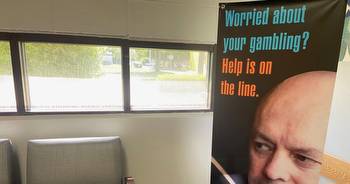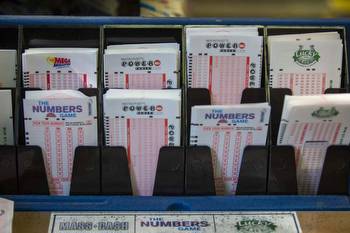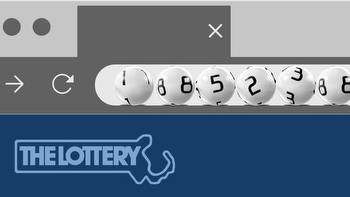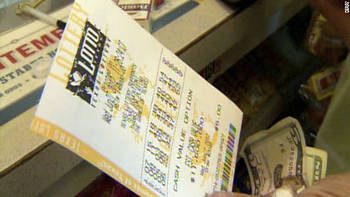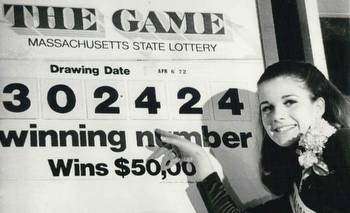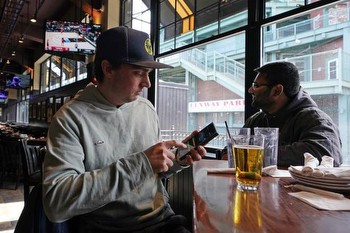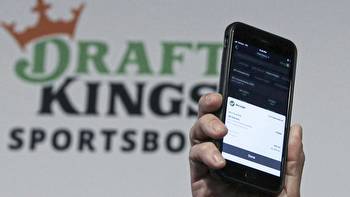Convenience stories, gambling addiction experts caution Massachusetts over online lottery proposal

A proposal to allow the Massachusetts State Lottery to offer games online is being met with some opposition.
On Beacon Hill, the House included online lottery in its budget proposal to help pay for early education grants. And the concept has the support of Gov. Maura Healey.
But Rob Mellion, executive director of the Massachusetts Package Stores Association, said customers buy other times in-person when they get lottery tickets from brick-and-mortar stores.
"If the state of Massachusetts becomes an active market participant in competition against stores for lottery sales, there will be a loss of traffic at the stores. It has to happen,” Mellion said.
The lottery's interim executive director, Mark Bracken, said during a recent legislative hearing that the online expansion is needed to help compete with the state's new sports betting industry.
"Every single penny of the Lottery's profits are distributed to communities throughout the state for the benefit of those who live there," he said. "Sports betting and casinos, meanwhile, are a for-profit business. In order for the Lottery to continue to meet and exceed its goals, we need to operate like any other 21st century company — we need to make our products available online."
But the potential for online lottery sales, on top of the launch of sports betting earlier this year, raises concerns about problem gambling. Phil Sherwood, a spokesperson for the Massachusetts Council on Gaming and Health, said his agency has seen a spike in inquiries.
"To put that in numbers, about a five-fold increase in live-chats since sports betting went mobile. What we're finding is a younger demographic who have never gambled before are finding themselves struggling,” he said.
Sherwood said if online lottery becomes a reality, safeguards need to be in place, just like with casinos and sports wagering.
"We're not even close to meeting the needs of the people here in the commonwealth when it comes to problem gambling, so we hope that the state and regulators double down on their efforts to protect people and protect player health, should they move forward in legalizing online [lottery],” he said.
People may voluntarily exclude themselves from casinos and online sports betting. Sherwood said a similar program should be in place if online lottery becomes a reality.
The state Senate, which has been less keen to add gambling options than the House in recent years, would also have to agree to an online lottery expansion.
Material from State House News Service was used in this report.











